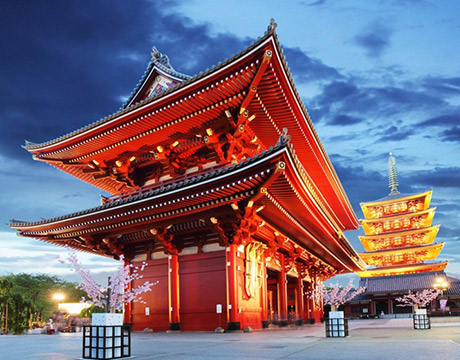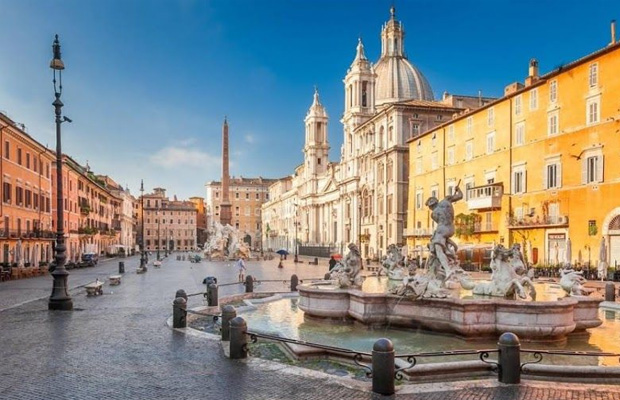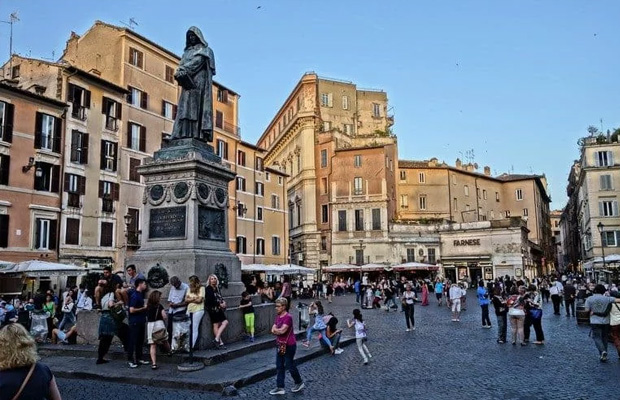Palatine Hill
Palatine Hill
Italy
Rome
Rome Travel Guide
Book Tour & Activities
Your tour in Rome.
Book your stay
Your hotel in Rome.
Overview
The Palatine Hill, which is the centremost of the Seven Hills of Rome, is one of the most ancient parts of the city and has been called "the first nucleus of the Roman Empire.
The Palatine Hill, which is the centremost of the Seven Hills of Rome, is one of the most ancient parts of the city and has been called "the first nucleus of the Roman Empire." The site is now mainly a large open-air museum while the Palatine Museum houses many finds from the excavations here and from other ancient Italian sites. Imperial palaces were built here, starting with Augustus. Before imperial times the hill was mostly occupied by the houses of the rich. The hill originally had two summits separated by a depression; the highest part was called Palatium and the other Germalus. Using the Forma Urbis its perimeter enclosed 63 acres; while the Regionary Catalogues of the 4th century enclose 131 acres.
Etymology
According to Livy[3] (59 BC – AD 17) the Palatine hill got its name from the Arcadian settlers from Pallantium, named from its founder Pallas, son of Lycaon. More likely, it is derived from the noun palātum "palate"; Ennius uses it once for the "heaven", and it may be connected with the Etruscan word for sky, falad.
The name of the hill is the etymological origin of the word palace and its cognates in other languages (Greek: παλάτιον, Italian: palazzo, French: palais, Spanish: palacio, Portuguese: palácio, German: Palast, Czech: palác, etc.).
The Palatine Hill is also the etymological origin (via the Latin adjective palatinus) of "palatine", a 16th century English adjective that originally signified something pertaining to the Caesar's palace, or someone who is invested with the king's authority. Later its use shifted to a reference to the German Palatinate.[6] The office of the German count palatine (Pfalzgraf) had its origins in the comes palatinus, an earlier office in Merovingian and Carolingian times.
Another modern English word "paladin", came into usage to refer to any distinguished knight (especially one of the Twelve Peers of Charlemagne) under Charlemagne in late renditions of the Matter of France.
Ancient Roman religion: Temple of Apollo Palatinus, Temple of Cybele, Lupercalia, Secular Games
Buildings: Flavian Palace
People: Cicero, Augustus, Tiberius, Domitian
Mythological figures: Romulus and Remus, Faustulus
Video Travel Inspiration
See Palatine Hill on Map
Most Popular Cities

Siem Reap
Cambodia
Ho Chi Minh City
Vietnam
Beijing
China
Paris
France
London
United Kingdom
New York
USA
Tokyo
Japan
Bangkok
Thailand
Seoul
South Korea
Vientiane
Laos
Yangon
Myanmar
Washington DC
USA
Los Angeles
USA
Ottawa
Canada
New Delhi
India
Singapore
Singapore
Kuala Lumpur
Malaysia
 English
English French
French Khmer
Khmer Thai
Thai Vietnamese
Vietnamese Chinese
Chinese Korean
Korean German
German Japanese
Japanese Italian
Italian Russian
Russian Spanish
Spanish Dutch
Dutch Indonesian
Indonesian Malay
Malay















